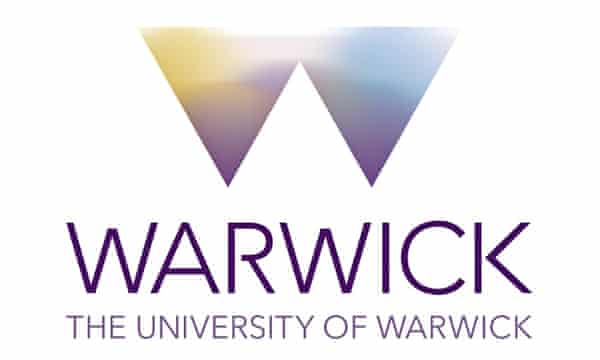University of Warwick: Expert advisory group to help drive progress towards more good jobs in the post-pandemic UK
A new group of expert economic and social sciences researchers has come together to provide independent, evidence-based advice to policymakers on work and employment as the UK emerges from the COVID-19 pandemic.
Launched this morning (10 August 2021), the Renewing Work Advisory Group of Experts (ReWAGE) will be co-chaired by Professor Chris Warhurst of the University of Warwick’s Institute for Employment Research and Professor Irena Grugulis, Chair of Work and Skills at Leeds University Business School.
The COVID-19 pandemic has adversely affected the labour market and work. Even as the health crisis becomes more manageable, the need to ensure a return to a strong labour market with maximised new opportunities for creating new, good jobs and rethinking how work can be better organised for employers, employees and the self-employed has become more pressing.
Independent of government, ReWAGE aims to ensure that co-ordinated, timely, expert advice based on science, and business and economic data is made available to UK decision makers during and beyond the Covid-19 pandemic.
An Advisory Group of stakeholders from business and civil society, including the Advisory, Conciliation and Arbitration Service (ACAS), the Trades Union Congress (TUC), the Federation of Small Business (FSB) and MakeUK, a body representing UK manufacturers, will also inform the Group’s work and highlight emerging issues for investigation.
ReWAGE will respond to emerging issues with evidence papers, policy briefs and expert comment. It will also commission new research where there is a gap in current knowledge.
Professor Chris Warhurst of the University of Warwick said: “The nation has suffered the trauma of the pandemic and made many sacrifices to get through it. It now wants things to be better – including jobs. ReWAGE will provide practical information and advice to be used by government across the UK to deliver its commitment to level up by building back better jobs.”
Professor Irena Grugulis of the University of Leeds said: “Covid-19 has devastated many sectors and had profound effects on work and employment. As we emerge from the pandemic, we need to ensure that good work and good jobs are prioritised. This group has the necessary expertise to support the work of policymakers to help make that happen.”
The group is funded by the Economic and Social Research Council, part of UK Research and Innovation, as part of its response to COVID-19.
The ERSC’s Director of Strategy, Jeremy Neathey, said: “The disciplines that form the social sciences have stepped up at pace to help the nation cope with the challenges created and exacerbated by the pandemic. The formation of this group will further boost this work and connect high quality research evidence with policy makers, which will ultimately support the UK’s recovery.”
ENDS
Warwick Institute for Employment Research (IER)
Established in 1981, the Warwick Institute for Employment Research (IER) is a leading international social science research centre. Its research is interdisciplinary and made relevant to policy makers and practitioners. It is renowned for consistently delivering high quality research. IER uses multi-method, inter-disciplinary approaches to generate and tackle substantive research questions. With over 30 years’ experience of researching the labour market and its relationships with the wider economy, IER has a substantial track record of delivering high quality research and an established record of influential publications. IER has worked successfully with major Government departments, ministries, research councils and agencies at national and international levels.
Centre for Employment Relations, Innovation and Change (CERIC)
The Centre for Employment Relations, Innovation and Change (CERIC) at Leeds University Business School is home to researchers who contribute through high quality research, teaching and knowledge transfer to contemporary national and international debates around the changing dynamics and future of work, employment and labour market.
The Economic and Social Research Council (ESRC)
The Economic and Social Research Council (ESRC) is part of UK Research and Innovation, a non-departmental public body funded by a grant-in-aid from the UK government. For more information visit www.ukri.org.
The ESRC is the UK’s largest funder of research on the social and economic questions facing us today. It supports the development and training of the UK’s future social scientists and also funds major studies that provide the infrastructure for research. ESRC-funded research informs policymakers and practitioners and helps make businesses, voluntary bodies and other organisations more effective.

